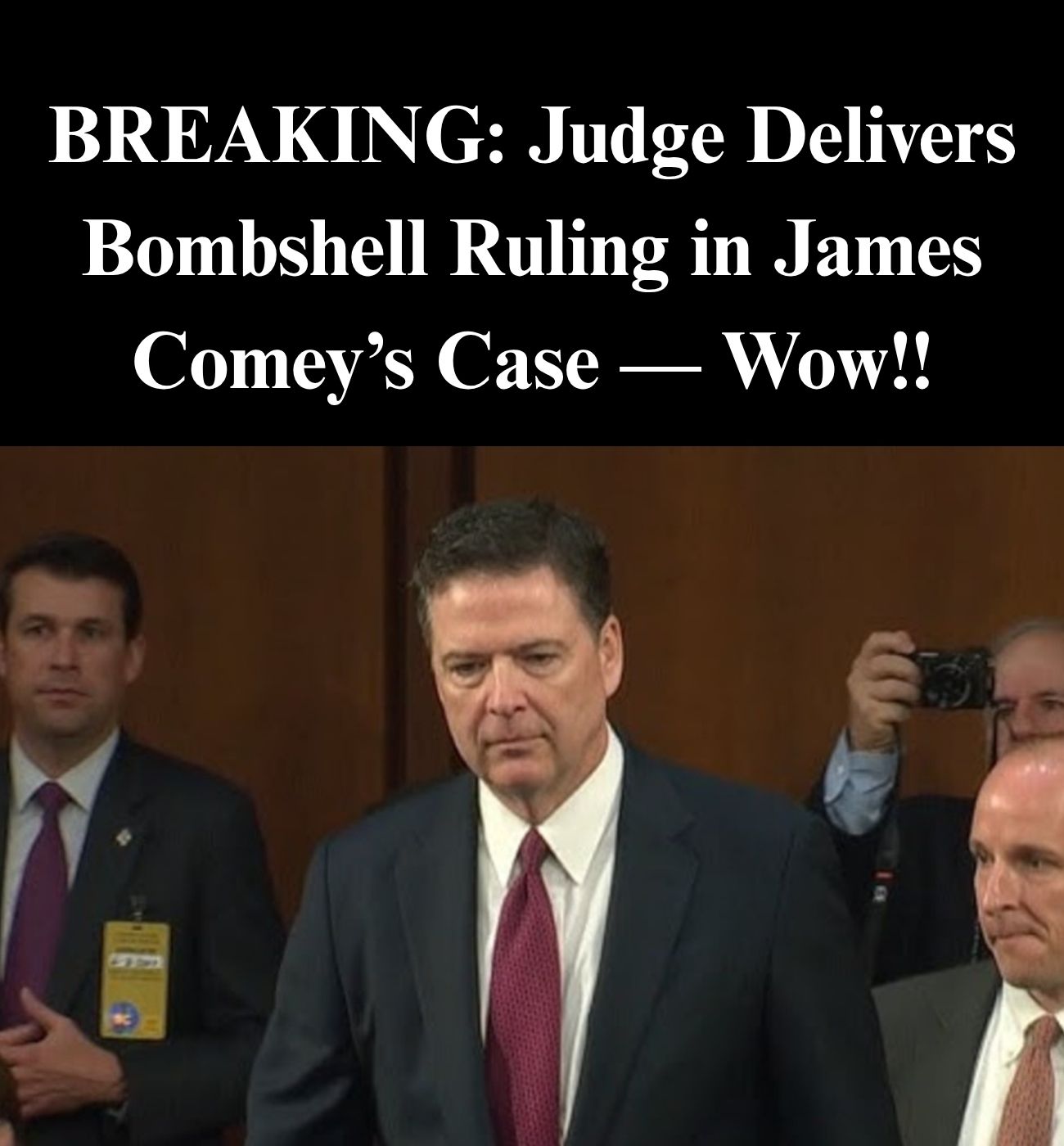A federal judge overseeing the criminal case against former FBI Director James Comey sharply rebuked prosecutors during a heated hearing Wednesday, ordering them to turn over evidence “immediately” to Comey’s defense team, as the former bureau chief faces charges of lying to Congress about leaking investigative information to the press.
U.S. Magistrate Judge William E. Fitzpatrick spent nearly an hour grilling prosecutors inside a northern Virginia courtroom, pressing them on what evidence they’ve already collected — and whether any of it may have violated Comey’s attorney-client privilege.
Central to the dispute are three FBI search warrants executed in 2019 and 2020 under the bureau’s “Arctic Haze” probe, which investigated how classified information from the FBI made its way into the hands of journalists, the New York Post reported.
Defense attorney Rebekah Donaleski argued that federal prosecutors have been withholding key details about what evidence they’re actually using from at least four different warrants — several of which involve Comey’s communications with his longtime friend and attorney, Daniel Richman, a Columbia Law School professor, The Post reported.
Assistant U.S. Attorney N. Tyler Lemons insisted that federal investigators had followed proper procedures — even while conceding that Comey wasn’t always directly notified about the warrants. He also noted that Richman, whose communications were swept up in the searches, was serving as Comey’s personal attorney at the time.
“From the government’s perspective, this is material from Daniel Richman,” Lemons said in response to Fitzpatrick pressing him on whether Comey was aware of the warrants.
Comey’s lawyers are “entitled to know how these warrants were executed,” Fitzpatrick snapped at Lemons, The Post reported, adding that the judge said the defense ought to be told “how the information was used” in the prosecution while being given access to grand jury proceedings.
“Right now, we’re in a bit of a feeling of indict first, investigate second,” the magistrate — who was appointed to the bench in 2022 under President Joe Biden, complained.
He then ordered the Justice Department to provide “everything” in writing to Comey’s defense team by 5 p.m. on Thursday, The Post noted.
“You need to give it to them in the manner you have it, with some explanation,” Fitzpatrick said.
Much of the evidence at the center of Wednesday’s hearing has been in the government’s hands for years. However, prosecutors acknowledged that some materials were only turned over in September 2025, stemming from a grand jury investigation first launched during the Trump administration.
Still unresolved is whether the court will implement a “filter protocol” to separate material protected by attorney-client privilege from evidence prosecutors can use.
Prosecutors have pushed for the process, arguing it’s necessary because the investigation could reveal potential conflicts of interest involving Comey’s attorney, Daniel Richman.
Comey’s defense team countered that much of the seized material is clearly protected under attorney-client privilege and should never have been reviewed by investigators in the first place.
Fitzpatrick gave the defense just two weeks to examine the documents — a window he himself called “an unfair burden,” noting that federal investigators have had access to most of the evidence for more than five years.
Comey attended the hearing but remained silent throughout, as did interim U.S. Attorney Lindsey Halligan, who filed the indictment on Sept. 25. The charges against the former FBI director include one count of making a false statement to Congress and one count of obstructing a congressional proceeding.
The indictment centers on Comey’s 2020 testimony before the Senate Judiciary Committee, where he denied authorizing anyone to leak information to the media about the FBI’s investigation into Hillary Clinton’s private email server or the Trump-Russia probe.
The hearing was convened at the request of Comey’s legal team to address a defense motion challenging the government’s handling of evidence prosecutors intend to use at trial, The Post reported.
